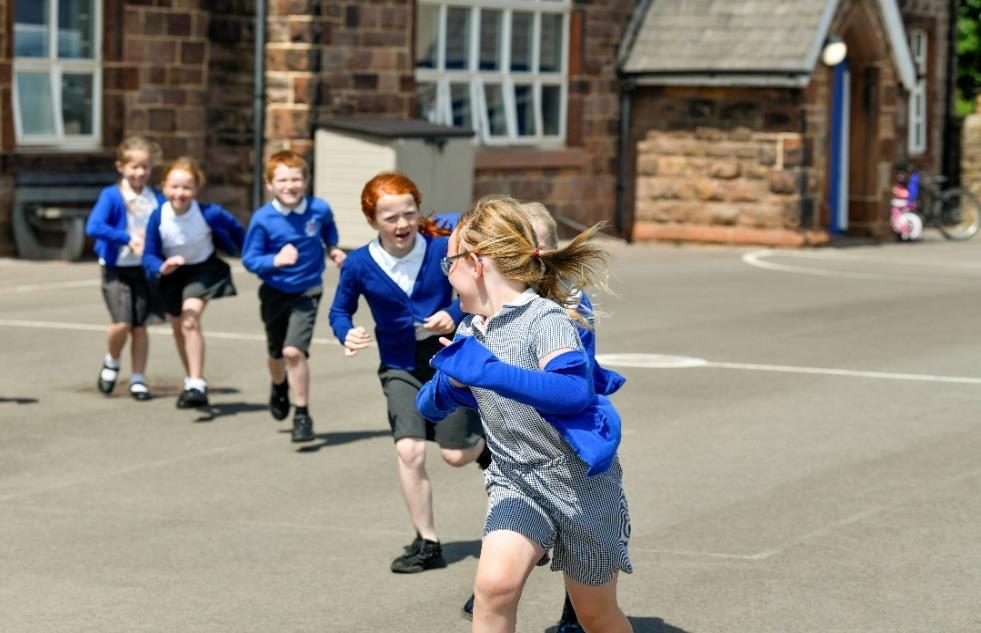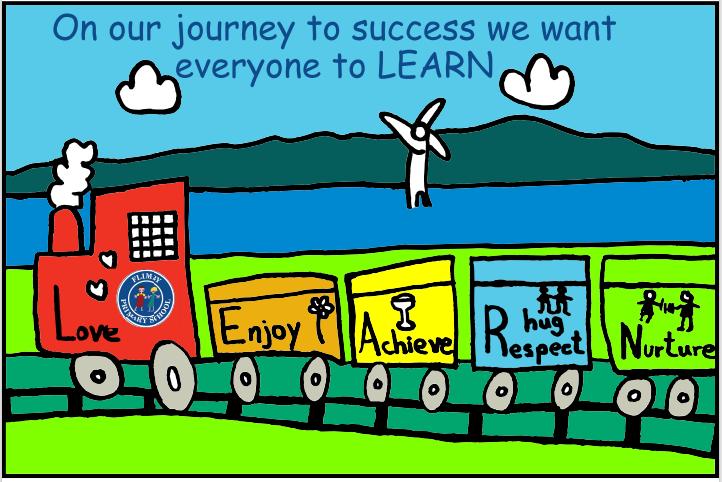A Guide For Families








E L C O M E









E L C O M E
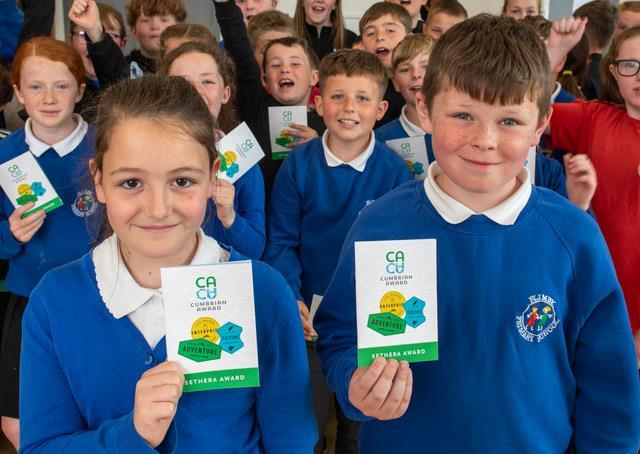
Flimby Primary School is a vibrant village school at the heart of the community. Nestled by the sea and the railway and once home to the many coal pits in the area.
We pride ourselves in giving the children many opportunities above and beyond the classroom. We have adopted Flimby Railway Station which enables us to take the children up and down the coast supporting curricular activities and we have improved the platform to the delight of the village. We have an active PTA (FOFS - Friends of Flimby School) who also provide lots of social activities for the children - discos, movie nights, bingo nights, fayres etc.
In September 2020 we joined West Lakes Multi Academy Trust now Changing Lives Learning Trust which is enabling us to continue to grow and improve for our children, families and community. All of this could not be possible without the hard work and dedication of the staff who go above and beyond for our wonderful children and families. We are all privileged to be part of such a special team and community. We look forward to working in partnership with you and your child during these important primary years of education.


At our school we see learning as a journey for both children and staff. We want our children to be enthusiastic and enjoy their learning. We want them to aspire to be anything they want to be in the world. We aim to develop in them a sense of wonder and respect for themselves and the world around them. Skills related to appropriate behaviour, making judgements and recognising the causes and consequences of actions are central to our ethos of educating the whole child.
The school is split into five main groups for teaching:
•Foundation – Nursery and Reception (Early Years Foundation Stage)
•Year 1 (Key Stage 1)
- Year 2 (Key Stage 1)
•Year 3 and 4 (Key Stage 2)
•Year 5 and Year 6 (Key Stage 2)
These aims articulate the school’s vision for an outstanding future and we will realise this vision by offering a broad, rich, challenging curriculum in an environment that offers stimulation and security; using staff who offer care, support and pastoral guidance wherever and for whomever it is needed. Staff use innovative and inspiring teaching methods to ensure the highest quality education for our children. Our values are:
L ove
E njoy
A chieve
R espect
N urture
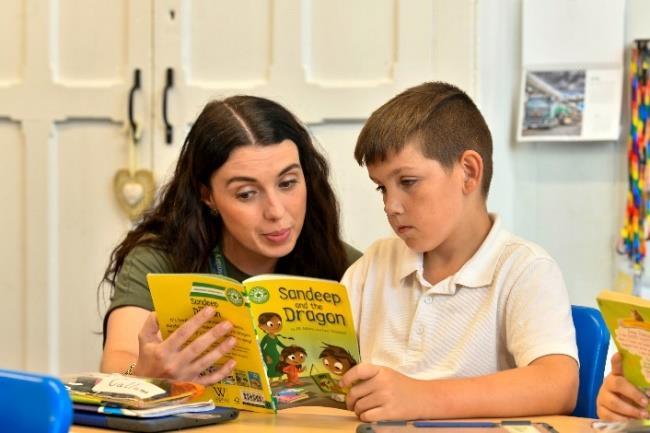


Morning:
8:45am - 12:00pm (Infants)
8:50am – 12:00pm (Juniors)
Break: 10:45 – 11:00
Lunch:
12:00pm – 12:50pm
Afternoon:
12:50pm – 3:15pm (Infants) 12:50pm – 3:20pm (Juniors)

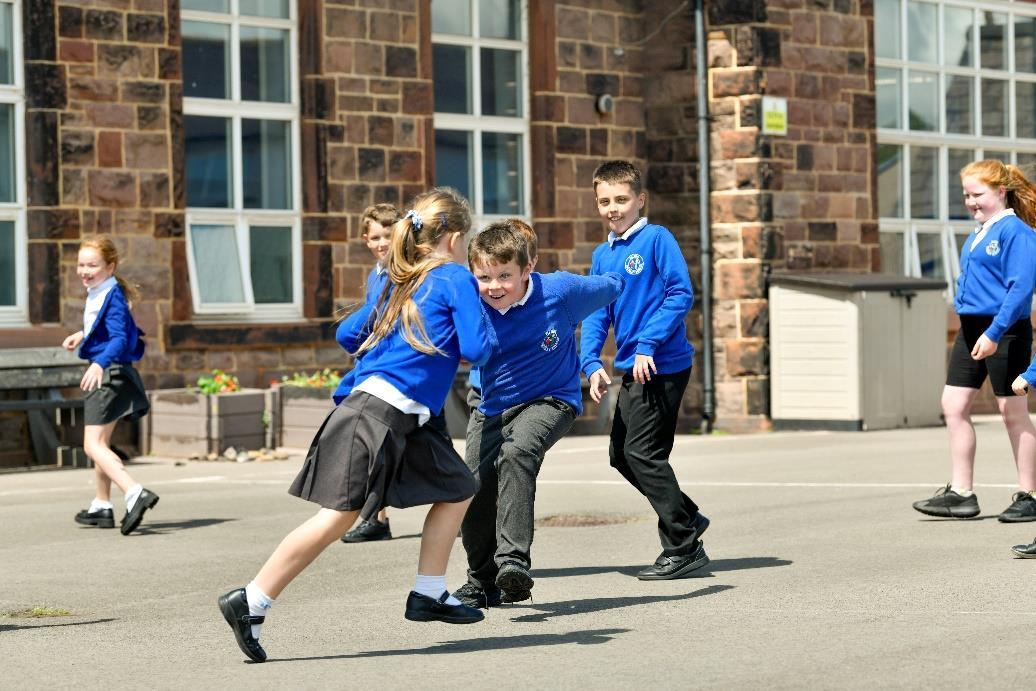
The whole school meets for assembly on Tuesday mornings and Golden Time assembly on Friday mornings.
Children will be supervised by staff from 8:45am (Infants) / 8:50am (Juniors) to 3:15pm (Infants) / 3:20pm (Juniors) each day unless they attend breakfast club which is supervised from 7:45am or an afterschool club in which case they will be supervised until 4pm.
Any children arriving after these times should enter the school building via the main office and be signed in by an adult. Any child arriving after this 9:00am will be marked late. Staff will ensure that the doors are locked after registration. Should a different person be coming to pick up your child, please let us know by phone or letter. This helps to keep your child safe.
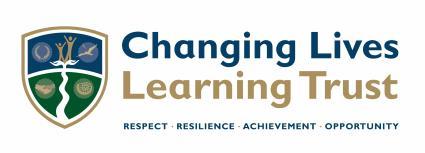

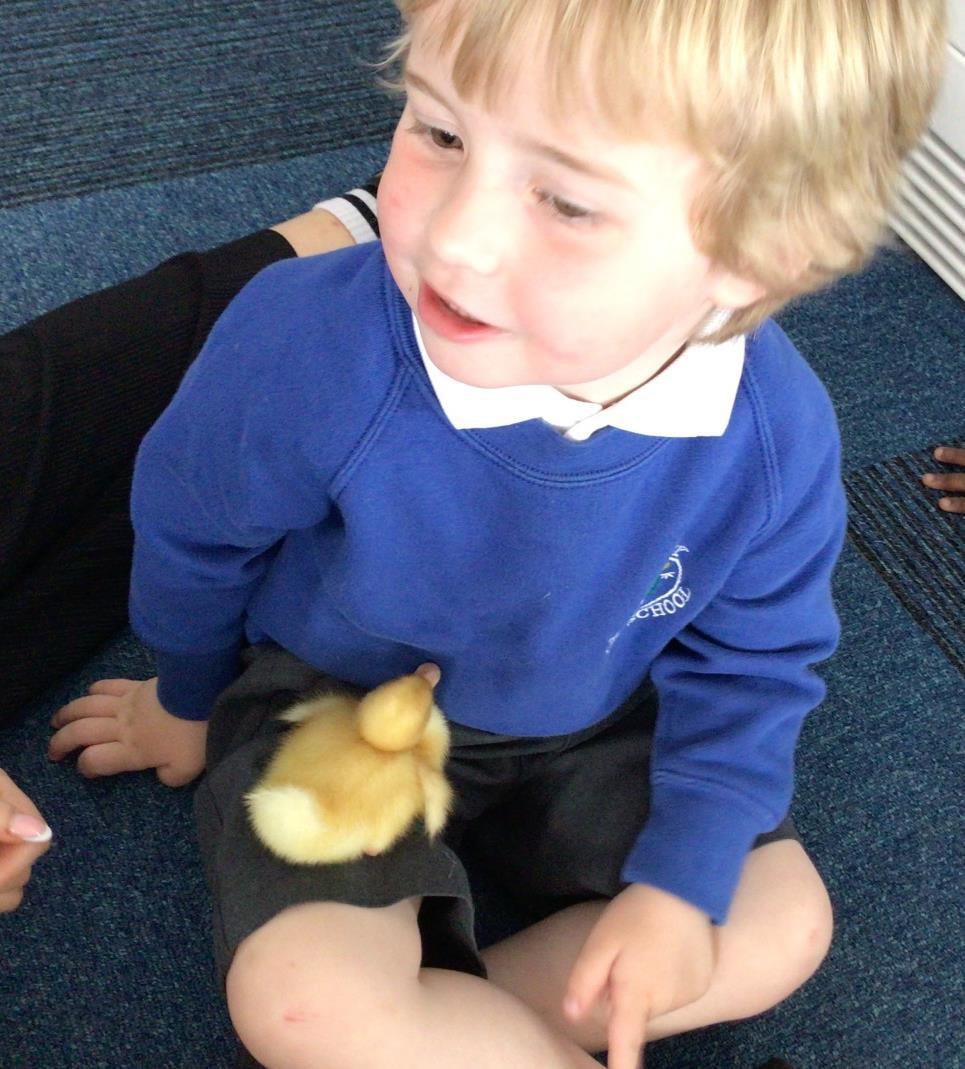
F O U N D A T I O N S T A G E
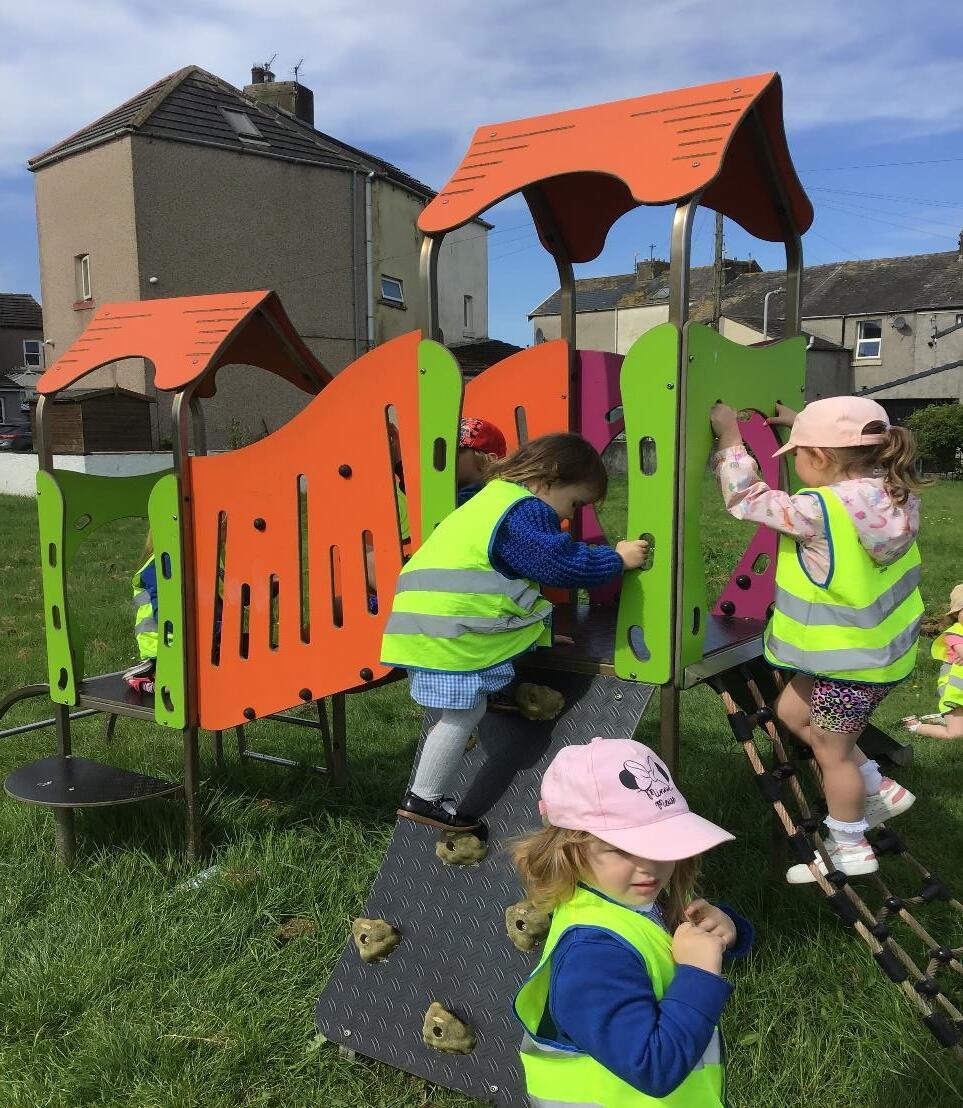


At Flimby School we value the importance of early education. We offer provision for children who have recently turned three years old. Children are offered a place in the term following their 3rd birthday. We have intakes in January, April and September. Please ask at the school office if you require any further information regarding your child’s start date.
We offer the full 30 hours provision for those children whose parents are entitled. For claim forms and more information please contact the school office or go to www.childcarechoices.gov.uk.
Your child’s teacher will invite you and your child to visit the school setting before your child starts. The teacher and a teaching assistant will also visit you and your child at home prior to your child beginning Nursery. This will enable us to share information about your child, to meet your child in their home setting and to talk about school with them. At this meeting, parents will be asked to share information about their child which will help us settle them into school. This information will remain confidential.
It is essential that details of home, workplace, (if applicable) and an emergency number is given, in case your child needs to be sent home due to sickness or injury. Please inform the school office if any of these numbers change.


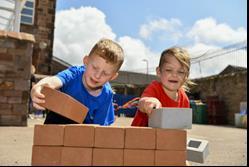
Learning and development covers the 7 key areas of learning within the Early Years Foundation Stage (EYFS), which are:
- Personal, social and emotional development
- Communication and language
- Physical development
- Literacy
- Mathematics
- Understanding the world
- Expressive arts and design
For parents whose children are in nursery and do not qualify for 30 hours provision, we offer them an opportunity to stay in school for the full day/ lunch at an additional cost.
The costs are £5.50 for your child to stay until 1pm and £11 for them to stay the full day 8:45am- 3:15pm.
You can arrange this by visiting our school office or booking via Scopay.


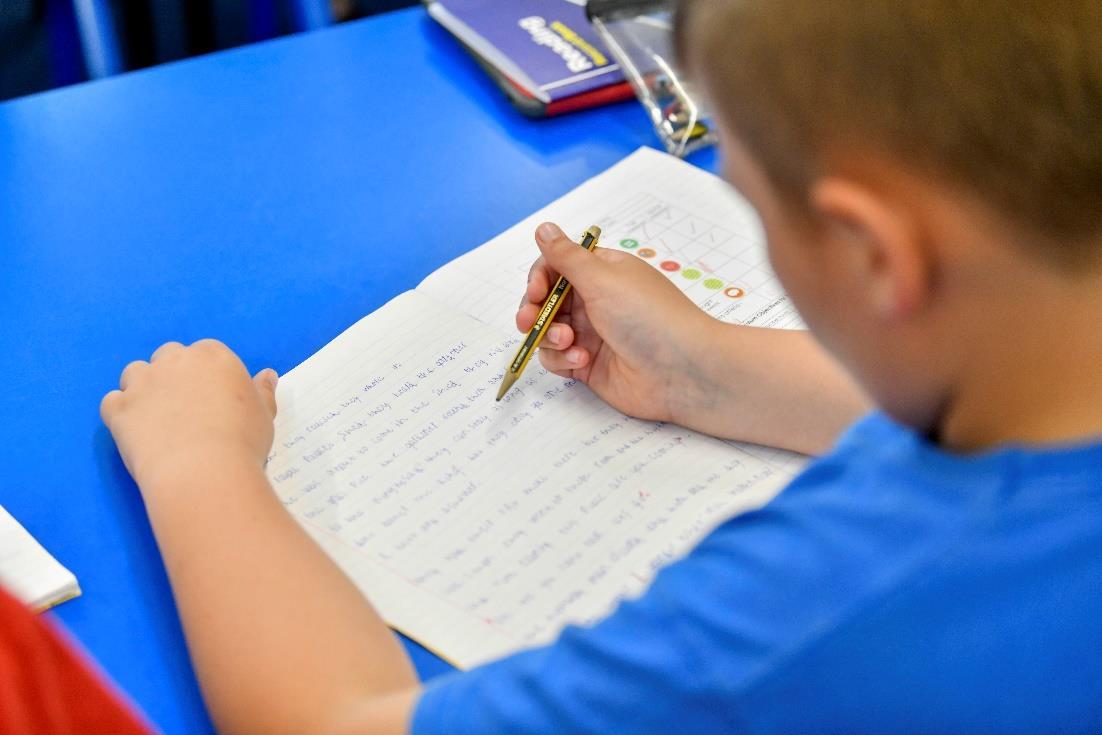


A breakfast club is offered for children of the school and is run on a strictly nonprofit making basis. Staffed by support workers, the club is open from 7:45am and all children are escorted to their classrooms for the start of the school day.
A healthy breakfast and childcare are provided each day at a cost of £3.00 per child with any siblings charged at £2.50.
In the autumn term Y5 & 6 children and parents/carers have the opportunity to visit local secondary schools to find the most suitable secondary school for their child. In their final term at school, children visit their new secondary school. Parents will also have the opportunity to visit the school and meet the staff.
The school has lunches cooked on site and we offer three options a day, one being vegetarian, and charge £2.47 per day which is payable on a weekly basis. Please note all children in Reception, Year 1 and 2 receive a universal free school meal through government funding. The children can choose their preferred option in the morning in the classroom or at home. Children sit together to eat lunch in the hall. The office can provide information for anyone entitled to free school meals. If your child prefers a packed lunch we require that you supply them with a healthy lunch and drink in a lunch box that is clearly named on the outside. Please ensure there are no glass bottles and no fizzy drinks and that no sweets or chocolates are in the lunch boxes. We also ask parents to try not to include nuts in the lunches as we are all aware of the dangers involved with nut allergies and we do not want to put any children at risk.
All children in Reception and Key Stage 1 and 2 are given a piece of fruit at morning playtime, free of charge, as part of the National Healthy School government initiative. Children under the age of 5 and those children entitled to free school meals are offered milk at morning break. Milk can be ordered via the Cool Milk Scheme, please contact the office for details.


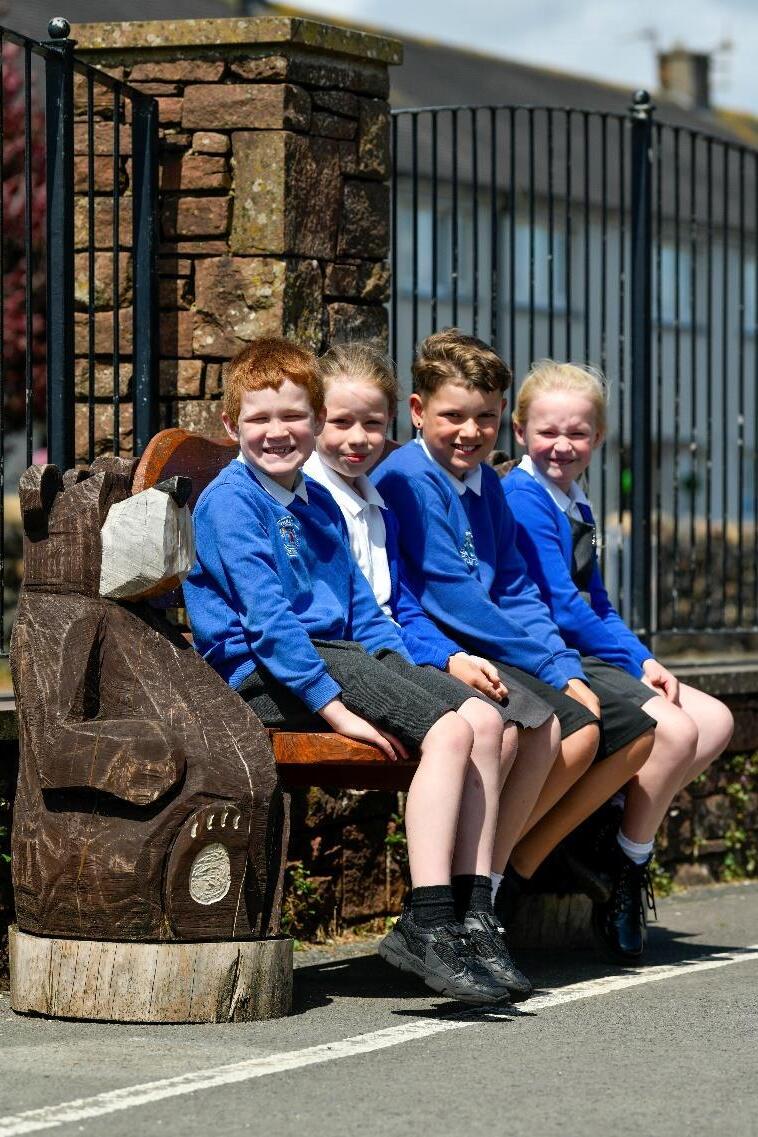
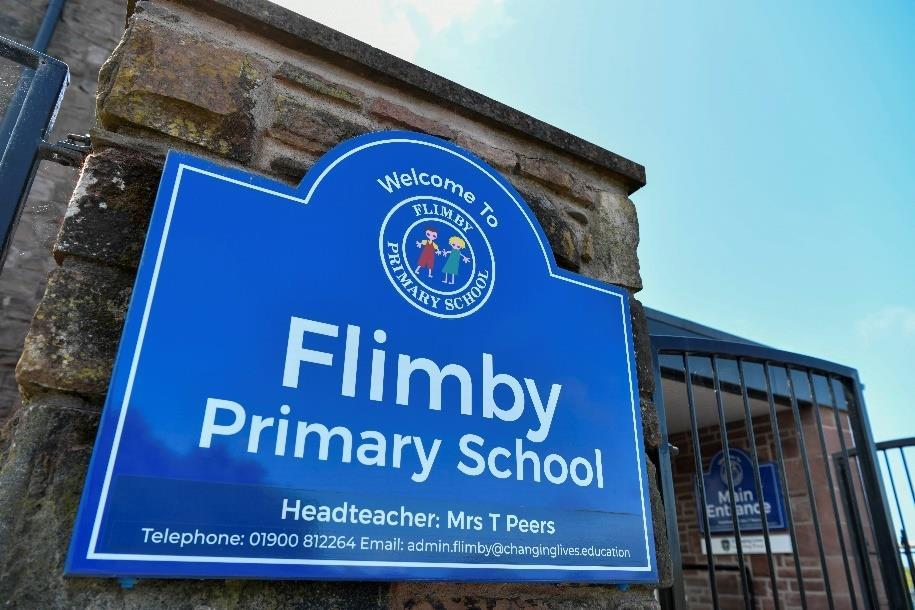
School’s attendance records are increasingly being scrutinised by Local Education Authorities and by school inspection teams. To ensure the safety of our children, parents must contact school if their child will not be attending due to illness, or if there is a change to the normal arrangements for picking children up from school. A message can be left at any time and we must be notified as soon as possible.
With regard to term-time holidays, the guideline for schools is now that no holidays will be authorised in the school term. The latest drive from the government is that any holiday during term-time is unacceptable. If term-time holidays are taken your child will be marked with an unauthorised absence in school and you will be liable for a fine.
All children at Flimby School will receive a broad, balanced and relevant curriculum, differentiated to meet the individual child’s needs. We use a thematic approach to teaching all areas of the curriculum. Themes can be cross-curricular and linked to the children’s daily lives. These allow teaching and learning to be delivered through a creative, stimulating, enriched curriculum.
For each curriculum subject there are recommended programmes of study and assessment arrangements related to each Key Stage. These Key Stages are based on age and are known as:
The Foundation Stage - Reception and Nursery
Key Stage 1 (ages 5 to 7) - Years 1 & 2
Key Stage 2 (ages 7 to 11) - Years 3 to 6
Assessment at Flimby Primary School is ongoing and continuous and used to monitor a child’s progress, to plan future work and to inform parents and outside agencies.


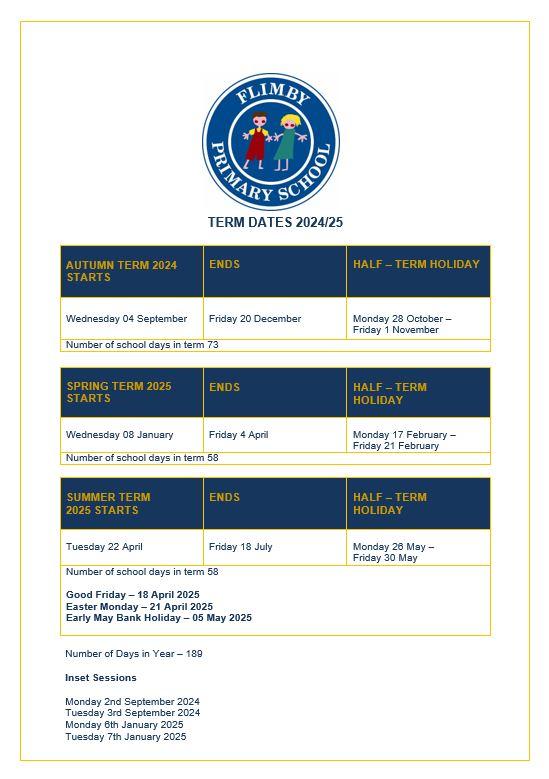


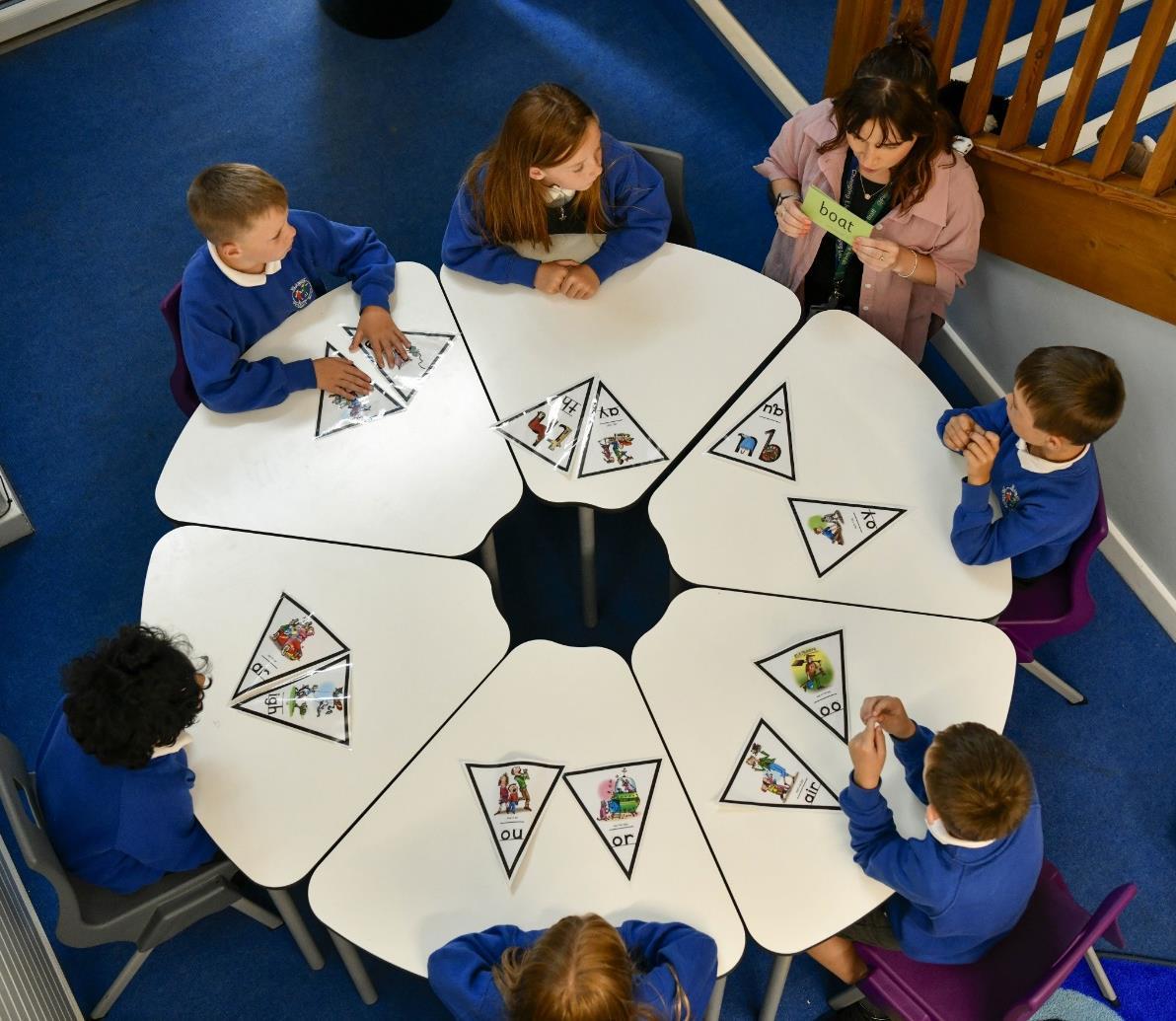
With developing skills in reading, writing and listening, we hope that children will enjoy the English language in its spoken and written forms. We emphasize the enjoyment of language, responding to stories, sharing books chosen by the children and purposeful writing and talking. Through this enjoyment, we seek to raise standards.
Right from Foundation Stage the emphasis is to build on the experiences a child already has. Children are encouraged to talk to each other and to adults, to ask questions and to comment. Children gain listening experiences through many activities, including story-telling sessions, poetry, music and PSE. Often visitors to school provide valuable sources of listening experiences.
We work with a programme called Read Write Inc to teach reading and writing in the Early Years and KS1. Some children may also continue working on RWI in KS2. The programme includes phonics and comprehension activities. In KS2 the children begin Write Stuff which focuses on creative writing, understanding and grammar & punctuation.
Once the children are fluent readers, they access the Accelerated Reader programme. This helps us to monitor children’s reading progress while they engage in quizzes which develops comprehension and vocabulary.


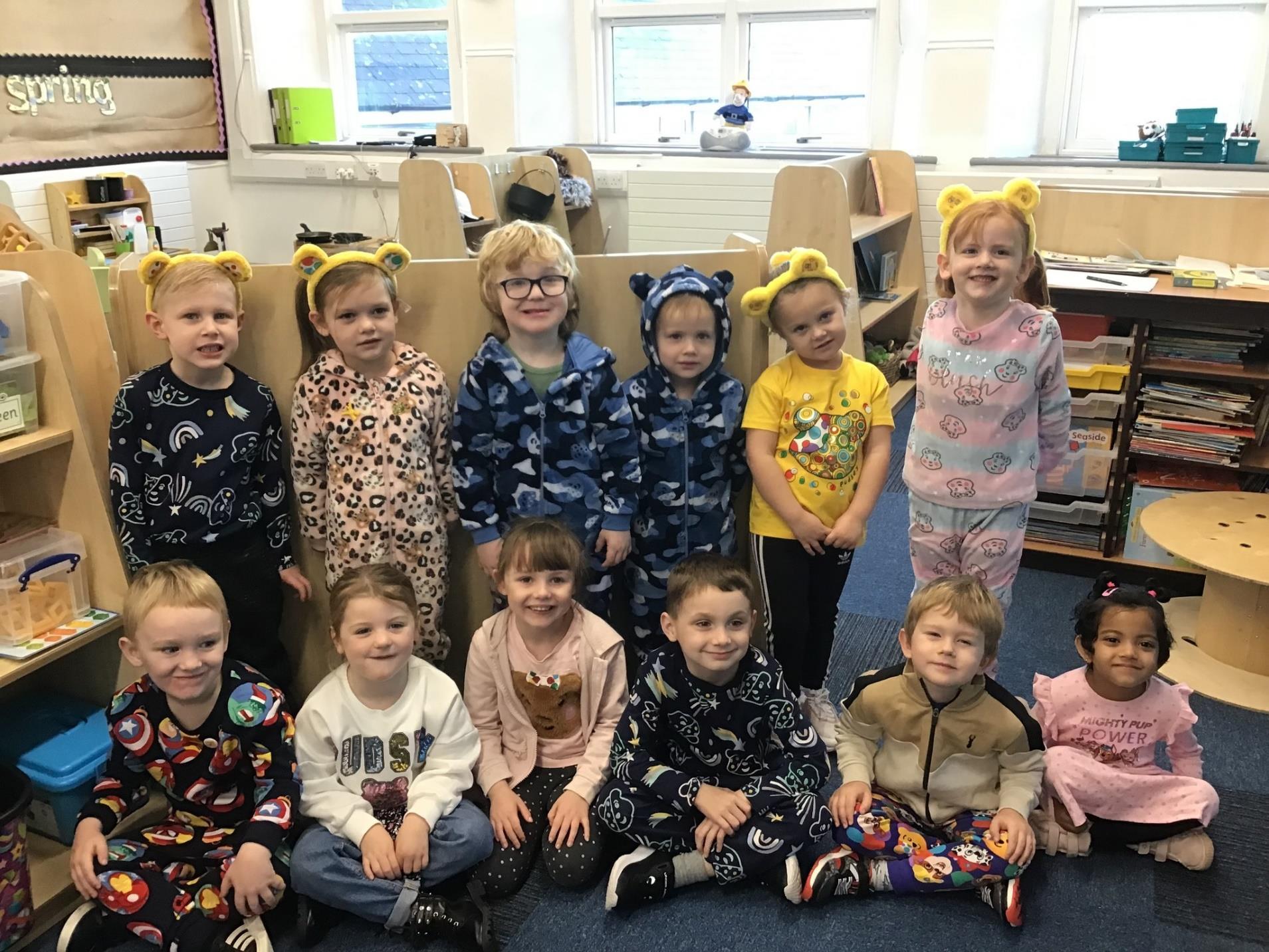
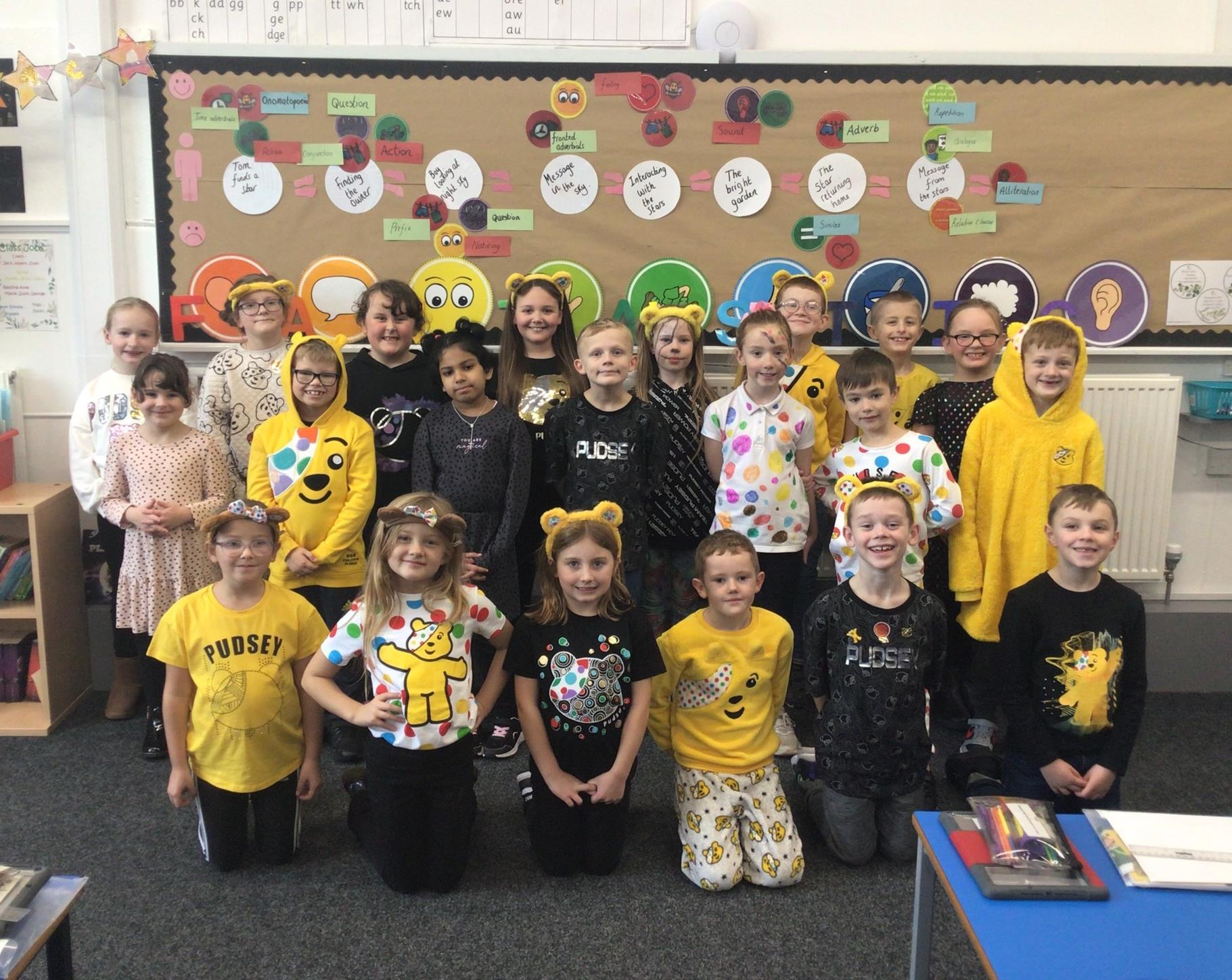
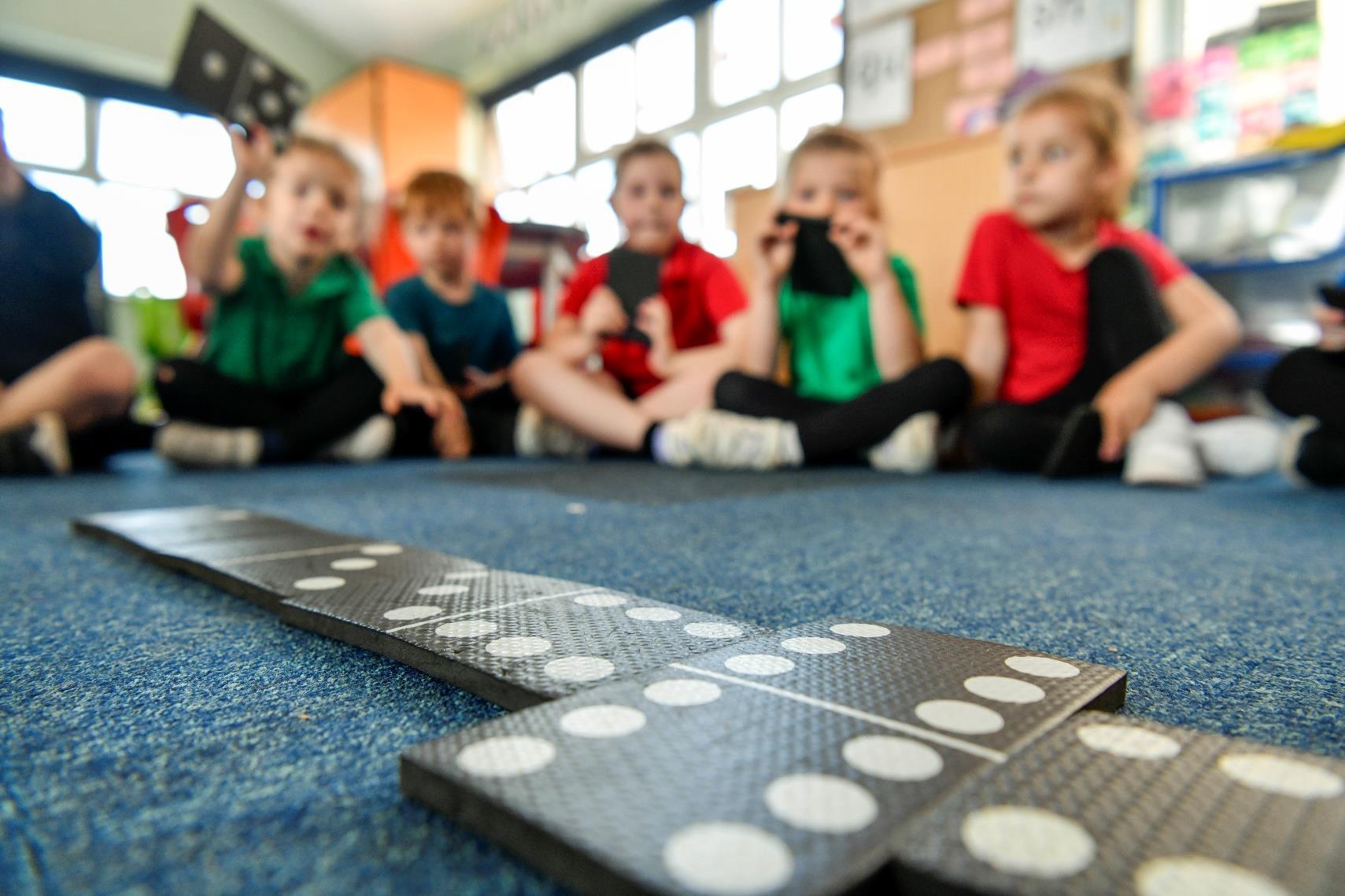
In our maths teaching we use a programme called Smart Maths.
Smart Maths is a unique mastery approach to teaching. A structured and coherent curriculum for the whole school, it delivers a high-quality mathematics education with an ambition for all children to develop a sense of excitement and curiosity about mathematics. Smart Maths is a Concrete to Pictorial to Abstract approach (CPA) using concrete objects, exaggerated actions and special vocabulary to help every child succeed. This combination of objects, actions and vocabulary makes maths accessible to all children from the youngest age.
The learning system build deep understanding and embeds a picture in children’s minds so they progress to thinking without the aid of physical objects; they refer to their mental images instead. Emphasis is placed on fluency first, developing quick and accurate number skills.



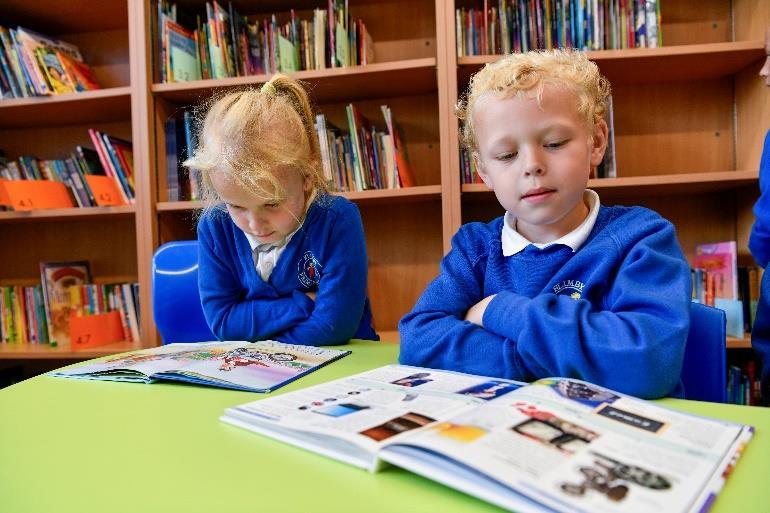
A high-quality science education provides the foundations for understanding the world through the specific disciplines of biology, chemistry and physics. Science has changed our lives and is vital to the world’s future prosperity, and all children should be taught essential aspects of the knowledge, methods, processes and uses of science. Through building up a body of key foundational knowledge and concepts, children are encouraged to recognise the power of rational explanation and develop a sense of excitement and curiosity about natural phenomena. They are encouraged to understand how science can be used to explain what is occurring, predict how things will behave, and analyse causes.
The school believes that computing is a very important part of our pupil’s educational development and the use of technology should enhance and extend across the whole curriculum. All children in school from Y1 – Y6 have an iPad. The iPads are networked and have protected and safe access to the Internet. Children are encouraged to use technology at every opportunity and to recognise the benefits of its use in school. Children are given many opportunities for hands-on experience, right from Foundation Stage. Children are encouraged to use their own initiative, reasoning and investigative skills. We also use digital cameras, scanners and programmable toys in school. Each class has use of an Interactive Whiteboard or Plasma Screen and these are used on a daily basis.


For each of the foundation subjects of History, Geography, Art, Music, Physical Education, MFL and Design Technology there is a balanced programme of study over each year and across each key stage.
The aim is to develop a variety of skills as well as a core of knowledge. Subjects are planned to include key skills from other foundation subjects, so that by the end of their time in school children will have experienced the whole breadth of the primary curriculum, but will also have regularly revisited important skills. The children are ‘learning more and remembering more’
Computing is regularly used in foundation subjects as a means of research and presentation of information. The school also has a library of reference material.
All children are encouraged to show a caring attitude towards each other, with each child valued as an individual member of our school community. We have daily collective worship which is to develop children socially, morally, spiritually and culturally. Children are taught about the world’s major religions and are encouraged to develop tolerance towards others. We have links with the local church and hold special services there each Christmas. The local vicar also visits our school and holds assemblies from time to time. Parents have a right to withdraw their children from assembly or religious education if they wish.
The RHE curriculum became compulsory in September 2020. The aim is to equip children with the skills and knowledge needed to become valued citizens later in life. Throughout the year, we run special RHE days where we explore various issues, which will affect children during their lifetime, such as healthy eating, personal safety, drugs and relationships.


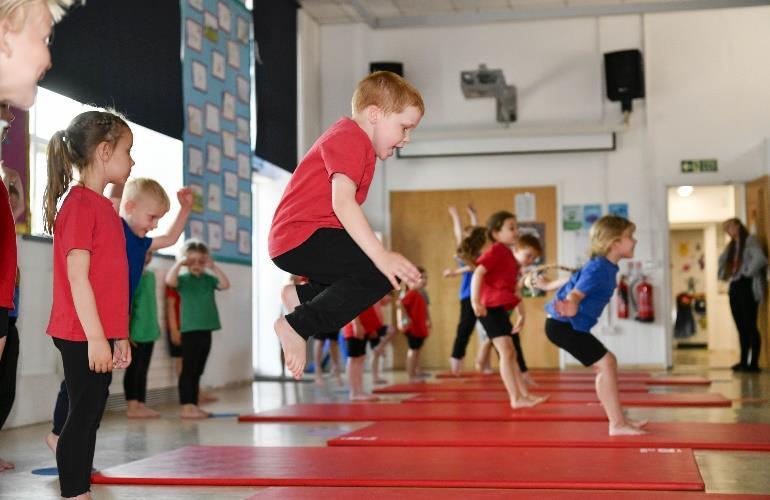
Through our PE lessons children are inspired to succeed and excel in competitive sport and other physically-demanding activities. It should provide opportunities for children to become physically confident in a way which supports their health and fitness. Opportunities to compete in sport and other activities build character and help to embed values such as fairness and respect.
Our geography curriculum inspires children a curiosity and fascination about the world that will remain with them for the rest of their lives. We equip children with knowledge about diverse places, people, resources and natural and human environments, together with an understanding of the Earth’s key physical and human processes. As children progress, their growing knowledge about the world helps them to deepen their understanding of the interaction between physical and human processes, and of the formation and use of landscapes and environments. Geographical knowledge, understanding and skills provide the frameworks and approaches that explain how the Earth’s features at different scales are shaped, interconnected and change over time. Our geography curriculum is also enhanced through our Sustainable Global Goals projects.
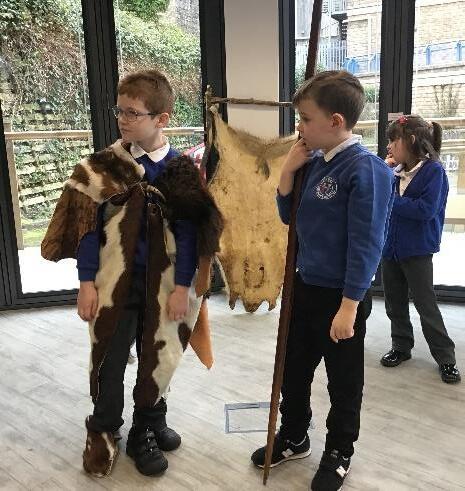
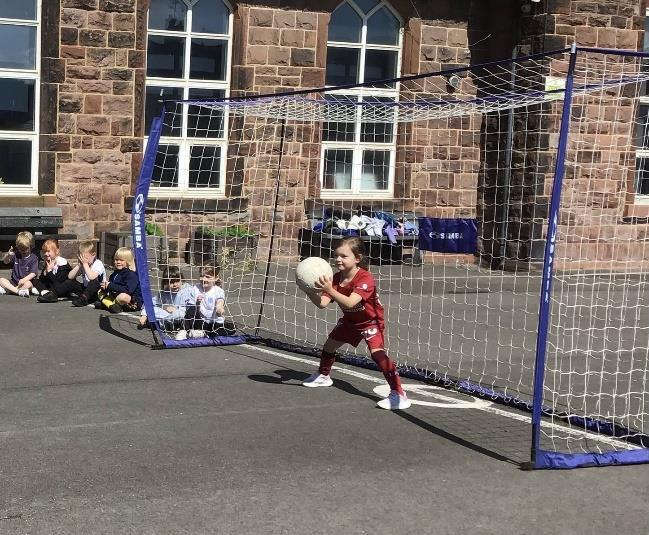
Through our history curriculum children gain a coherent knowledge and understanding of Britain’s past and that of the wider world. It inspires children’ curiosity to know more about the past. Children ask perceptive questions, think critically, weigh evidence, sift arguments, and develop perspective and judgement. History helps children to understand the complexity of people’s lives, the process of change, the diversity of societies and relationships between different groups, as well as their own identity and the challenges of their time.


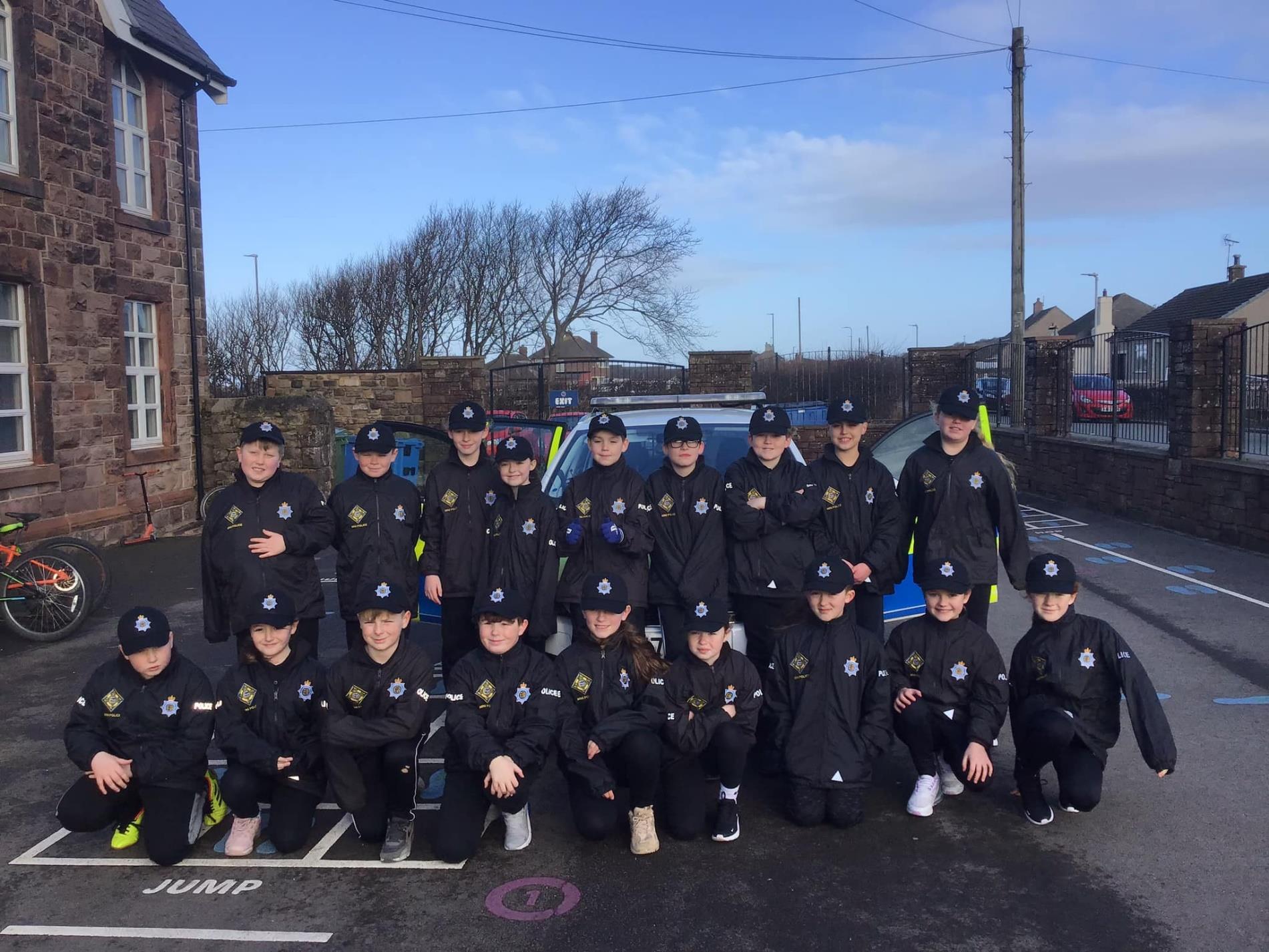
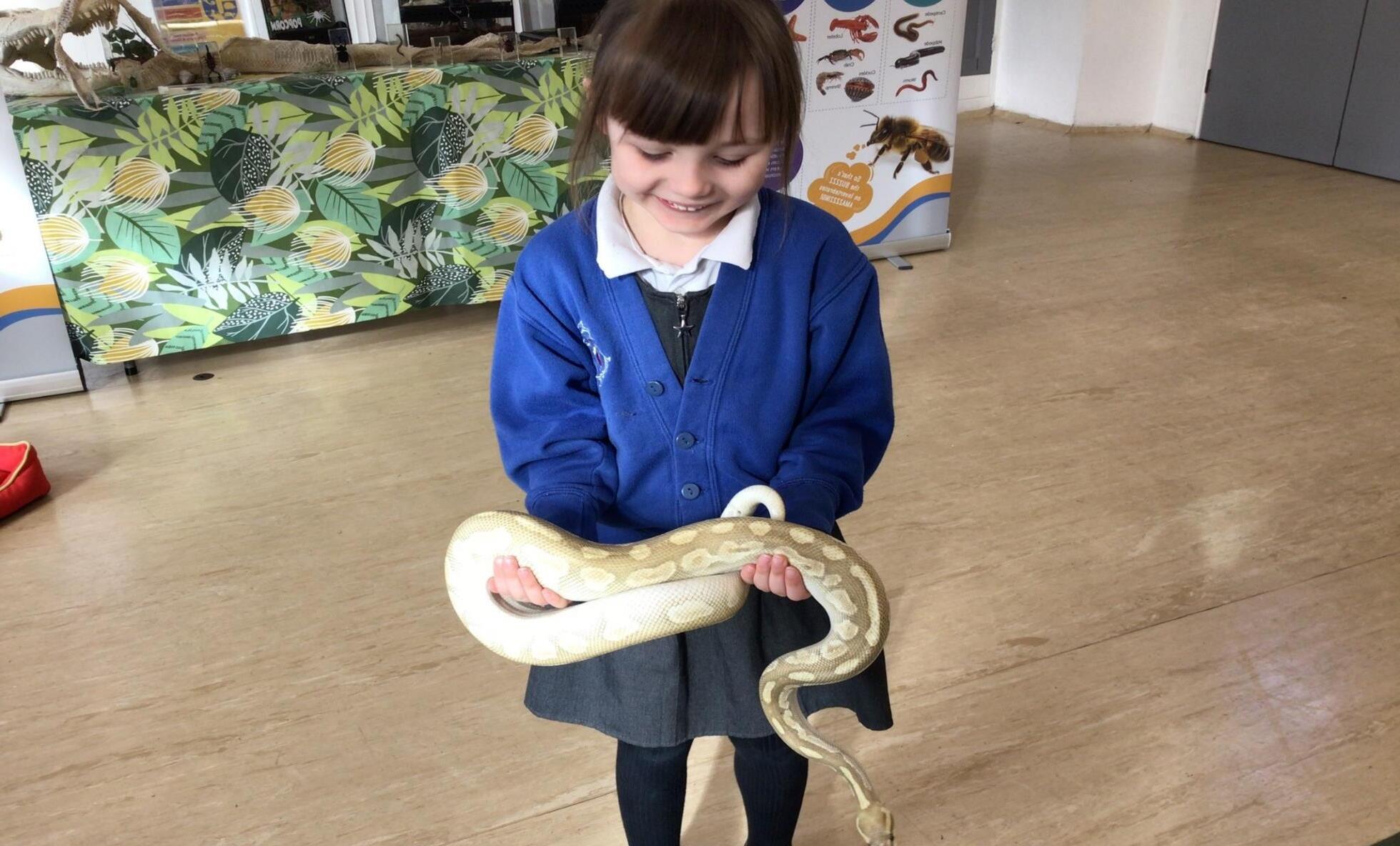
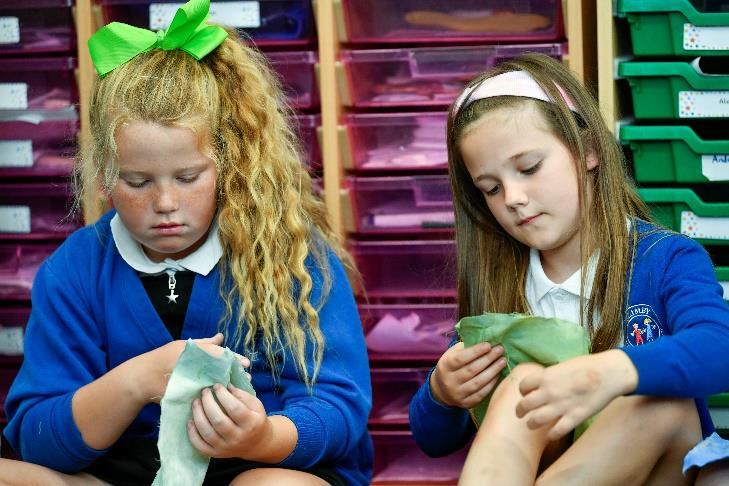
Design and technology is an inspiring, rigorous and practical subject. Using creativity and imagination, children design and make products that solve real and relevant problems within a variety of contexts, considering their own and others’ needs, wants and values. They acquire a broad range of subject knowledge and draw on disciplines such as mathematics, science, engineering, computing and art. Children learn how to take risks, becoming resourceful, innovative, enterprising and capable citizens. Through the evaluation of past and present design and technology, they develop a critical understanding of its impact on daily life and the wider world. High-quality design and technology education makes an essential contribution to the creativity, culture, wealth and well-being of the nation.
Music enables children to develop an understanding of culture and history, both in relation to children individually, as well as ethnicities from across the world. Children are able to enjoy music in as many ways: as a listener, as a creator or as a performer. Children have the opportunity to discuss and share their thoughts, opinions and ideas, acknowledging and respecting that these may vary and that this is good thing. They can dissect music and comprehend its structure and can progress from singing and finding the pulse to developing an appreciation of harmony and creating ostinatos with growing complexity. Our Music curriculum will foster a love and increasing enthusiasm for music amongst our children; create opportunities to grow children’s confidence and performance; and foster a potential for life-long musical study.
MFLOur children learn a foreign language in KS2. Here at Flimby the children will learn Spanish. Learning a foreign language is a liberation from insularity and provides an opening to other cultures. Children become curious and deepen their understanding of the world. Children express their ideas and thoughts in another language and to understand and respond to its speakers, both in speech and in writing. There are opportunities for them to communicate for practical purposes, learn new ways of thinking and read literature in the original language.


For a child to be recognised as SEND (Special Educational Needs or Disabilities) there would need to be long-term concerns about educational progress or behaviour. The child may require a more individual programme of work and assessment in order for him/her to fulfil potential.
There are various reasons for a child to be identified as SEND. The following are the most common:
• Tests and teacher assessment may show significant under-achievement in one or more areas in the curriculum.
• Emotional and behavioural difficulties may require specific teaching strategies and programmes of work.
• Where a child may be diagnosed as having a specific learning difficulty
• Where a child may be particularly able, requiring more challenging programme of work.
• Medical problems might have an impact on a child’s ability to learn effectively.
No child is identified without parental consent. Once identified the child’s class teacher will draw up a Support Plan, listing the child’s particular difficulties and setting out specific termly targets. The plan will also include examples of activities aimed at addressing the difficulties, along with any test scores that relate to the plan.
The parents of children with special educational needs will be invited into school on a termly basis to review their child’s targets and the progress being made towards them. Meetings will be with the class teacher, and parents will be given the opportunity to add their comments to the Individual Education Plan.
The school has access to support from the Local Education Authority, including specialist teachers, educational psychologists and welfare officers. As with all resources, this specialist time is limited, and educational specialists are usually used to help plan learning for children, rather than actually delivering the programmes of work personally.
Children who are classed as gifted and talented also now fall under the Inclusion remit to ensure that their needs are being met. They have an Individual Learning Plan (ILP), which highlights their successes and sets targets for further development. Parents are involved in this process.
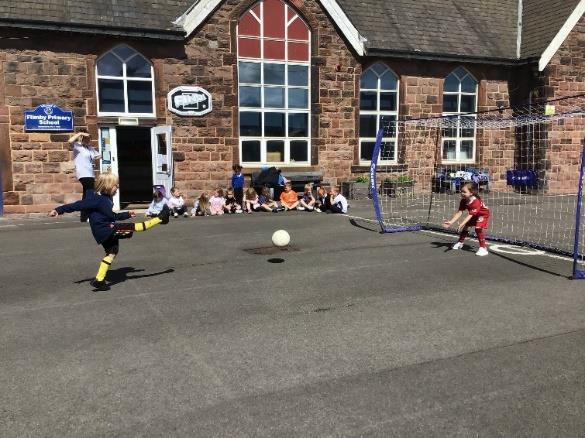


With our children and staff, we rely upon good liaison between school and home and we know our children well. All teachers are expected to exercise the care of a reasonable parent during those times when they have charge of the children on school related activities. It is a big help if parents keep staff informed, at the earliest of times, of anything that is likely to affect their child’s behaviour or attitude during school hours. Staff will ring parents immediately if there is any cause for concern regarding a child’s well-being.
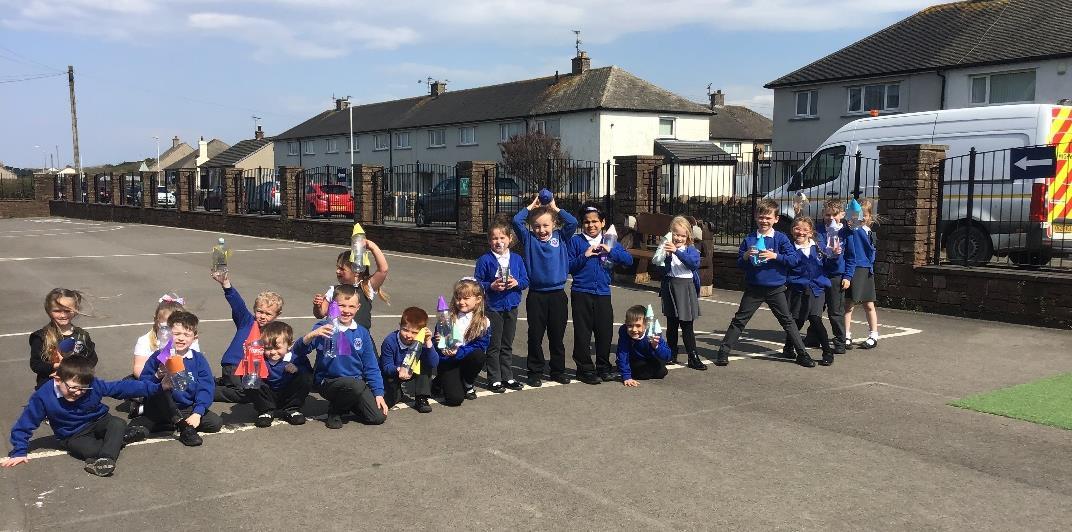
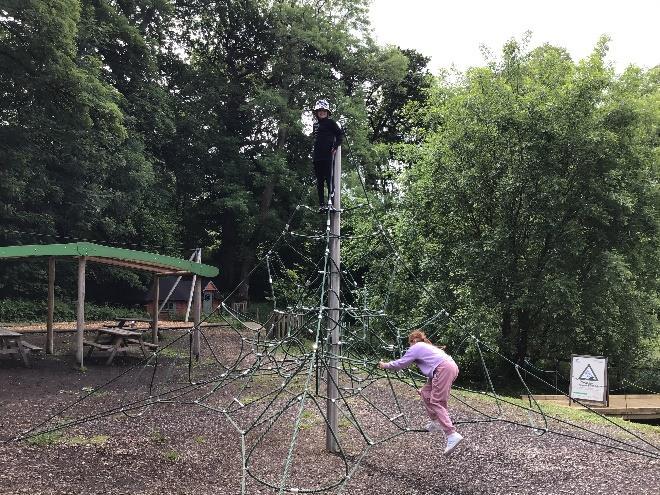
The school will make every effort to ensure the safety and well-being of children during normal school hours and during any activities organised by the school outside of these hours. In addition, staff will supervise children if they are late to be picked up due to an unforeseen circumstance. If children are not at Breakfast Club we request that parents do not send or bring children to school before 8.40am.


S S E S S M E N T
In September 2021 the government introduced the statutory reception baseline assessment (RBA) which must be completed within the first 6 weeks of starting reception. The purpose of the assessment is to provide the starting point for a new measure that will help parents understand how well schools support their pupils to progress between reception and year 6 / the end of key stage 2.
The RBA is a short, interactive and practical assessment of your child’s early literacy, communication, language and mathematics skills when they begin school, using materials that most children will be familiar with. The RBA is not about judging or labelling children or putting them under any pressure. Your child cannot ‘pass’ or ‘fail’ the assessment. Its main purpose is to create a starting point to measure the progress schools make with their pupils.
The early learning goals summarise the knowledge, skills and understanding that all young children should have gained by the end of the academic year in which they turn 5, the reception year. The early learning goals are not used as a curriculum. They are used as an assessment during the summer term of the reception year.
Teachers use Development Matters which is guidance that sets out pathways of children’s development in broad ages and stages but recognises the actual learning of young children is not so neat and orderly. The document encourages early years practitioners to use their knowledge to facilitate holistic learning and development and help children make progress without generating unnecessary paperwork.
Standard Assessment Tests (SATs) are taken at the end of KS1 (YR 2)and KS2 (YR 6), and provide a formal, national, standardised indication of progress. In Years 3, 4 and 5, children will take part in NFER tests, to give them a good idea of the format of the SATs when in Year 6. This has shown to give children more confidence and familiarity with these tests. Academic progress is shared with parents in the end of year report and during parent’s evenings, along with other achievements. If at any time parents are worried about any aspect of their child’s progress they should have no hesitation in contacting the school.


The school keeps a folder on each of its children. Information in the folder includes contact numbers, medical information, Annual Progress Reports, test papers and any reports from outside agencies such as speech therapists or educational psychologists. Most of this information is given to parents anyway, but parents do have a right to see the folder if they make an appointment to do so.
Some information about addresses and pupil attainment is held on computer in accordance with The Data Protection Act.
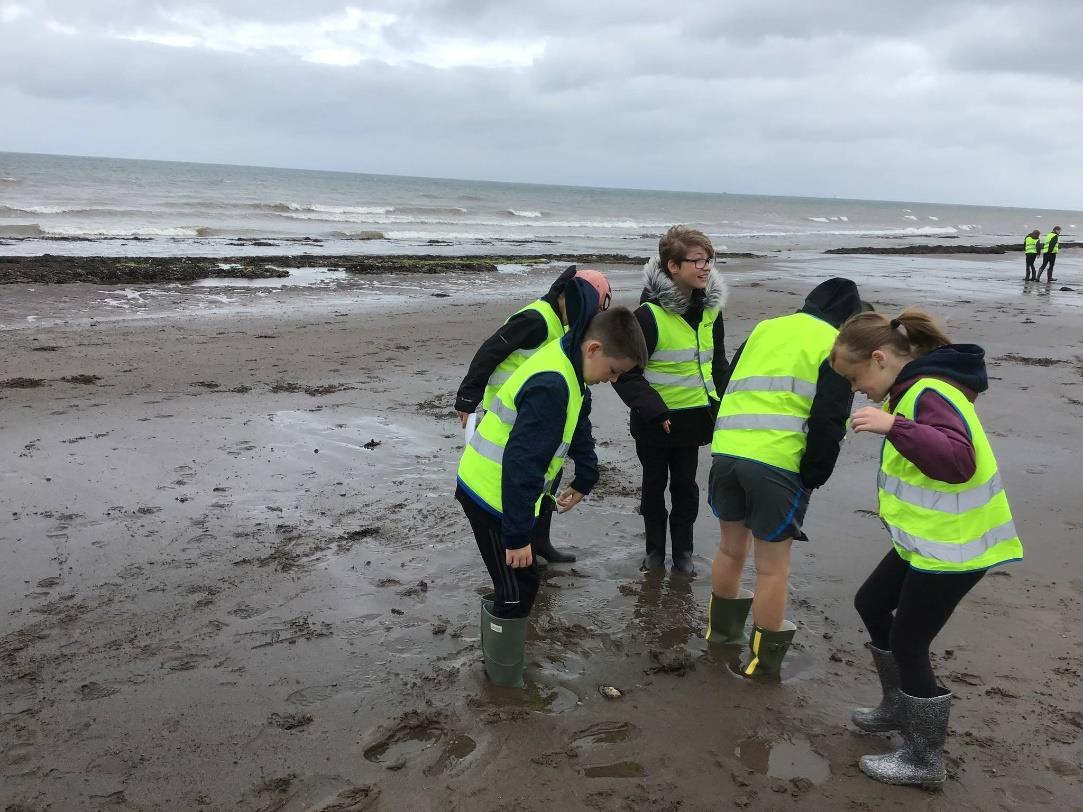
There are many opportunities for you to take part in school life. We have enjoyed many activities we have ran in the past including social and fund-raising events, school concerts, helping with before and after school activities and in the classroom. Children benefit greatly from the special skills or interests that many parents, grandparents and carers have to offer.
We have an active Friends of Flimby School (FOFS) group who meet regularly to discuss fund-raising ideas and plan social events. These activities all provide a valuable link between home and school as well as providing extra resources for the children. If you would like to join this group please get in touch with the school office – they are always happy to welcome new members!


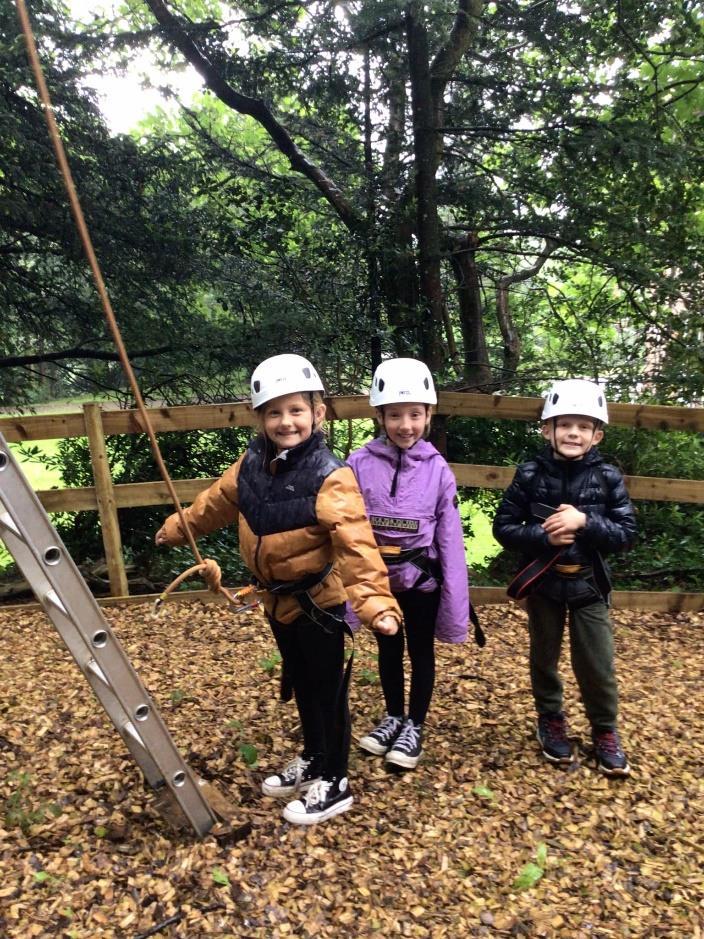
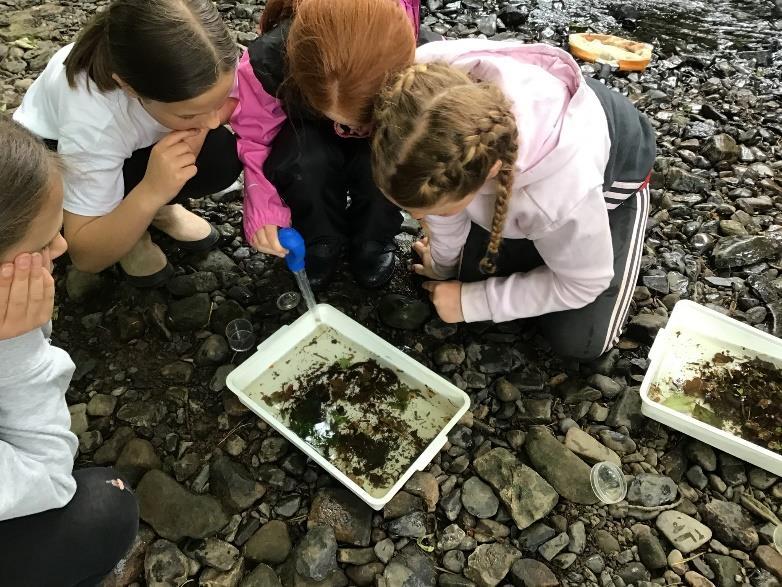
As a school, we strongly believe in developing links with the wider community. We have always held good links with local churches and have used St Nicholas church for annual events in addition to our carol service. We have adopted the local railway station whereby we have transformed the appearance of the station in collaboration with The Colourful North and Workington Academy. We also have utilised free travel with trips up and down the Cumbrian coast. We also actively take part in the village carnival on an annual basis. Flimby Primary School regularly takes part in fund-raising events for charities, local, national and international. This helps children to be aware of the needs of others and to enjoy the spirit of giving.
Educational visits are undertaken as part of the children’s work and this is usually arranged on a class basis when appropriate. We consider short visits to be as important and valuable as those which involve travelling further afield. If a cost is involved, parents are invited to make a voluntary contribution. No child will be excluded from these activities which take place during normal school hours if no contribution is made. However, if the cost of the visit cannot be met from the voluntary contributions, it may have to be cancelled.
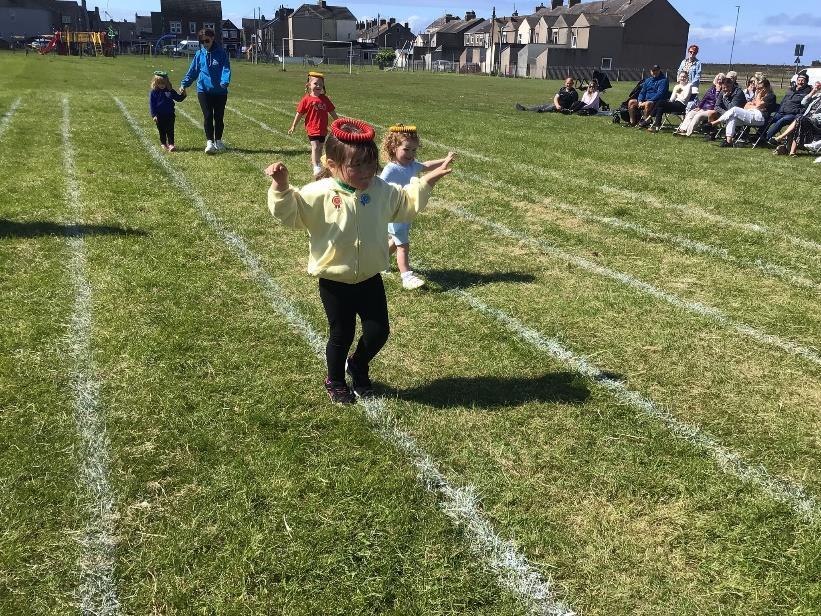


School uniform can be purchased on-line at www.myclothing.com or Turnout Equestrian Supplies at Maryport.
The uniform consists of: GIRLS BOYS
Royal blue sweatshirt, jumper or cardigan
Dark grey/black skirt, pinafore or trousers
White polo shirt
Royal blue sweatshirt or jumper
Grey/black trousers
White polo shirt
Blue/white dress for summer (optional) Grey/black shorts for summer (optional)
PE Kit – Children need to wear a plain t-shirt in their school colour with black leggings, tracksuit bottoms or shorts (please ensure warmer clothing in cold weather).
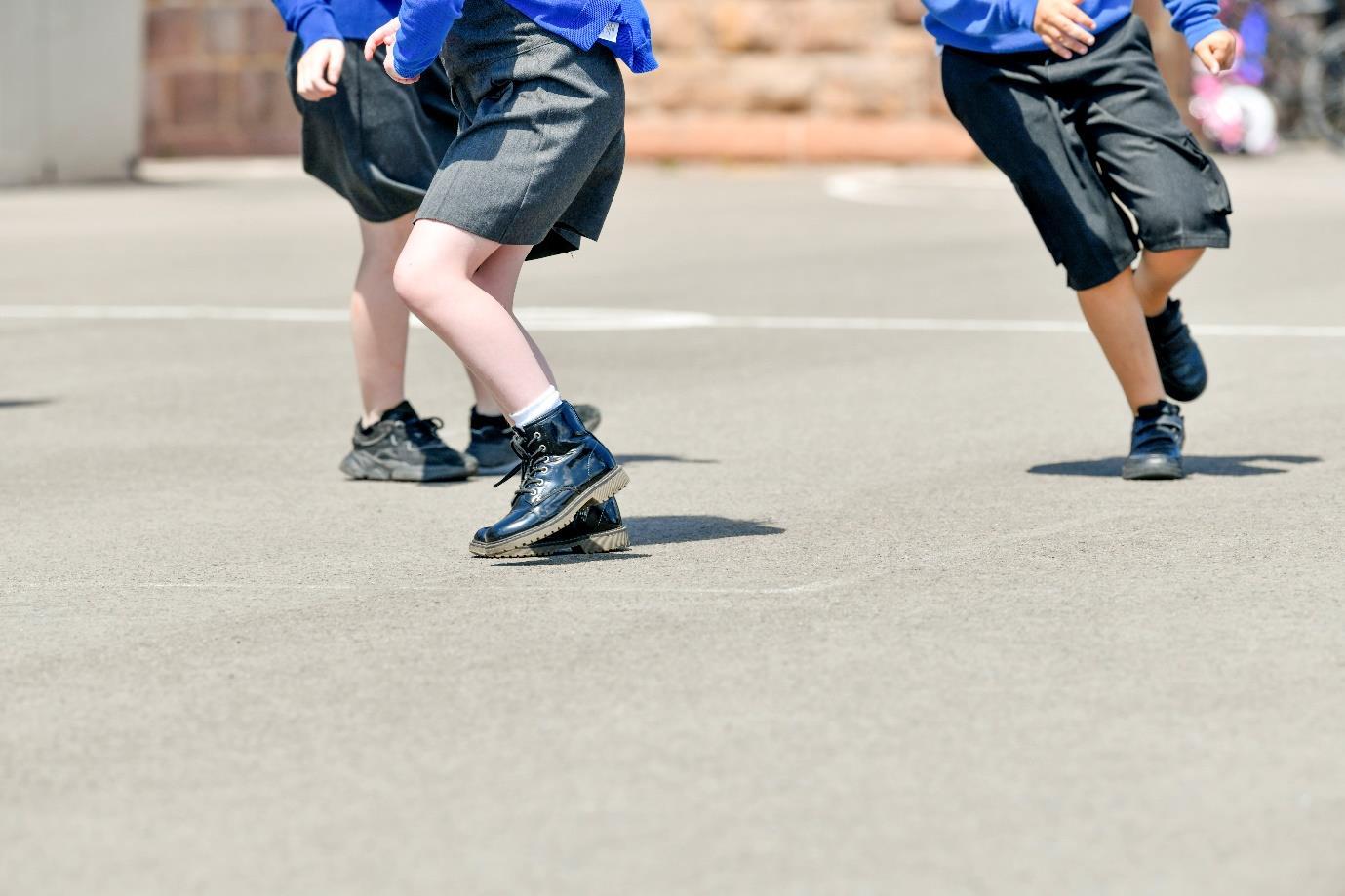


It is essential for us to know if your child has any disability, or suffers from any recurrent illness or allergy. We also need to know an emergency contact number for during the day in case your child becomes ill while at school.
The school is a non-smoking school, which means that smoking will not be tolerated in or near the school building. The school displays signs around the school to this effect.
Some parents wrongly assume that if a child is injured at school, the school is held responsible, regardless of the circumstances and that its insurance will automatically apply. This is not so – the Schools responsibility is strictly limited to cases where there was negligence by them or their staff. Accidents can happen in school, on the sports field, or during school visits, when the school or its staff is not in any way at fault and are, therefore, not responsible. The provision of personal accident insurance is considered to be the responsibility of the parents.
Everyone entering the school building should report to the office and sign in using the school system. All visitors are asked to wear a visitor’s badge while on the premises. School gates are locked from 9.00am to 3.10pm.
If it is necessary for your child to have medicine during school hours, then please discuss this with the office and arrange for the medicine to be given to your child. We need to see the original medication box with the child’s name and dosage instructions. We will also need you to complete a form with medication details on. Inhalers may be kept in a safe place in your child’s classroom by agreement with the class teacher.


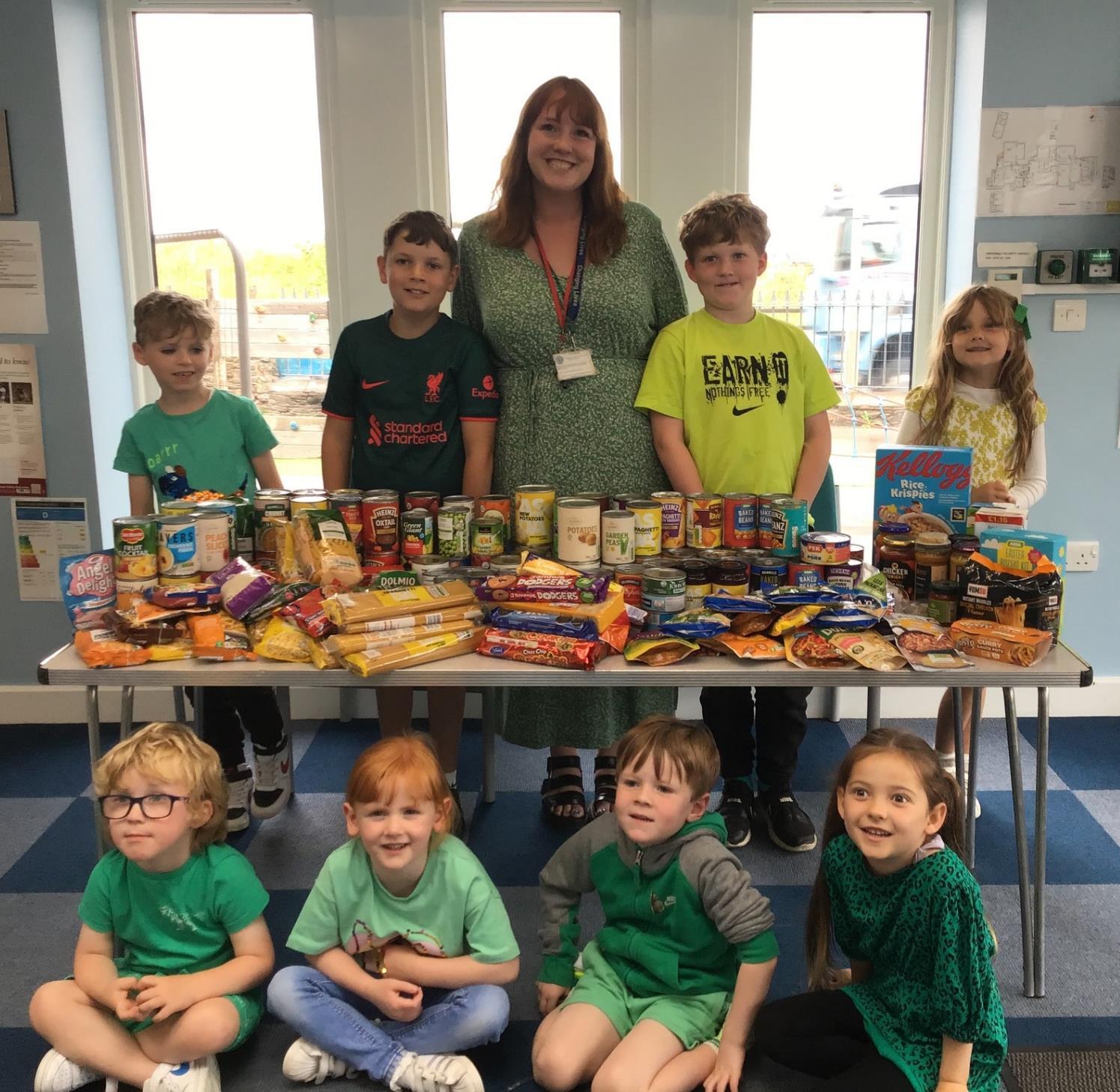
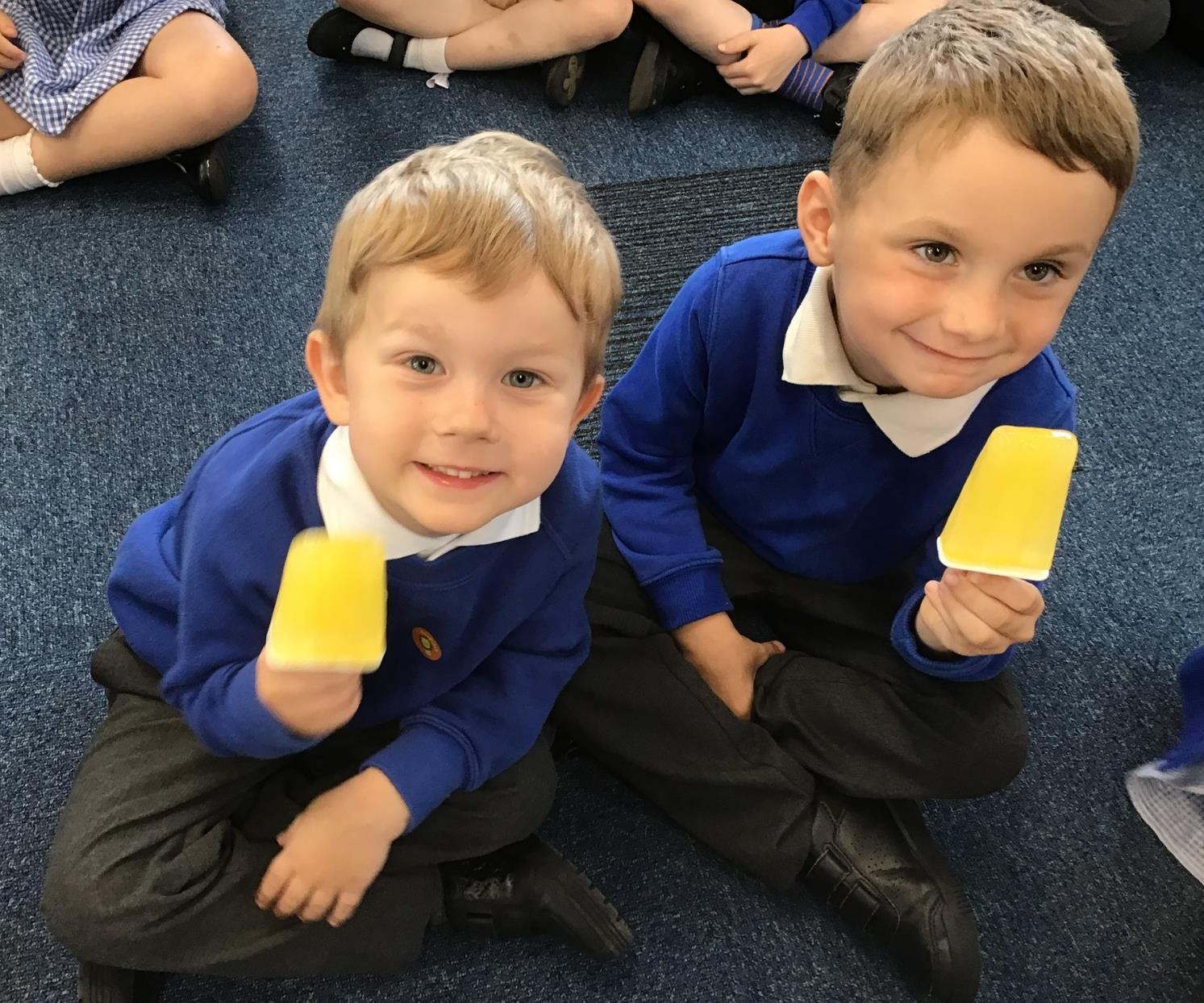
At Flimby Primary School, we believe that parents, pupils and staff all have an important role in helping children achieve to the best of their abilities and reach their full potential. This can be done most effectively when everyone has a clear understanding of their responsibilities and work together to ensure children thrive.
Responsibilities of the school
The school will:
• Be responsible for the welfare and care of all children during school hours
• Provide a secure, safe and inclusive learning environment
• Provide a broad and balanced curriculum through high quality teaching
• Provide appropriate support for children with Special Educational Needs
• Encourage children to be independent, self-motivated and enthusiastic learners
• Show children how to be kind and caring and to speak politely to all children and adults
• Inform parents of their children’s progress and behaviour through parents’ evenings, Seesaw and an annual written report
• Enable children to use technology safely and responsibly to enhance teaching and learning
• Celebrate and reward children’s achievements



I will:
• Attend school regularly and on time
• Bring all equipment I need every day
• Do all my class work as well as I can
• Treat other children and all adults with respect
• Be polite and helpful to others
• Keep the school and my classroom tidy
• Follow our school and classroom rules
I/we will:
• Ensure my child attends regularly
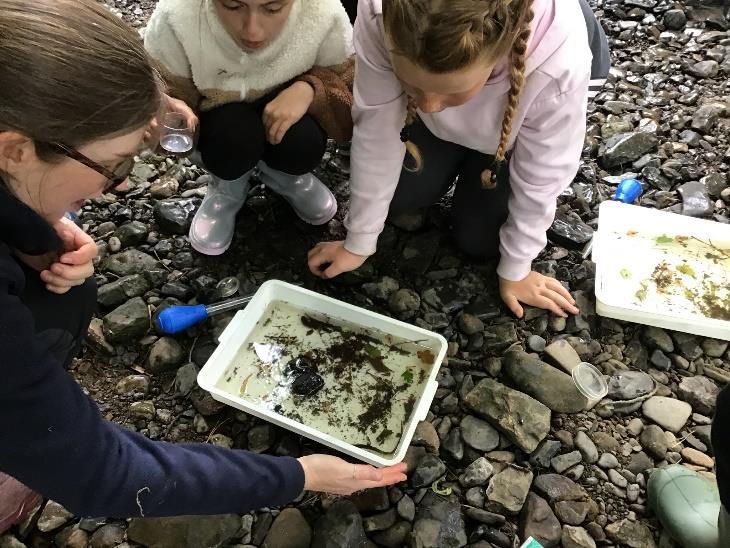
• Notify the school as soon as possible if my child will be absent
• Make suitable arrangements for my child to be escorted to and from school
• Support my child at home through reading with them and practising spellings
• Make every effort to attend parents evenings
• Send my child in the correct uniform
• Support the school behaviour policy
• Accept responsibility for maintaining my side of the agreement
• Actively check communications with school regularly i.e. emails, text messages, Seesaw, website
• Support Flimby Primary School in a positive manner
• Treat all staff with respect
• Follow the school grievance procedure and not use social media for this purpose


If you become concerned in any way about your child’s education, it is important you tell us about this. As a first step you should discuss your concerns with your class teacher. If you are still concerned after talking with the teacher, you should arrange to meet with the Head teacher and if you are still not happy with the outcome of this meeting you must make a formal complaint to the Head teacher in writing which will be dealt with accordingly.
Further detail on our complaints policy can be found on our school website. Complaints-Policy
